Scott Morrison looks to Julia Gillard as model ex-PM for post-politics career
Australia has 30 ex-PMs and the newest member needs to find his lane for the next phase of life.
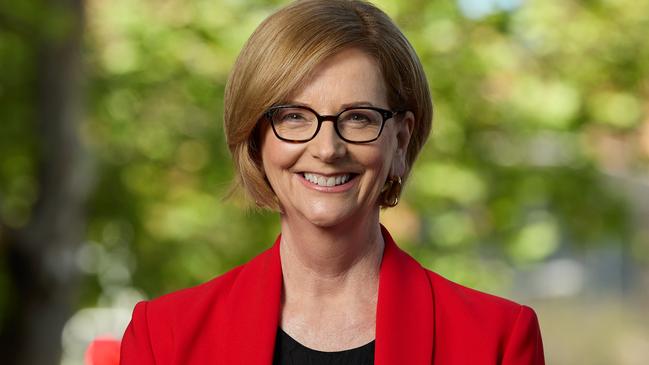
Morrison could go back further, studying the careers of his 29 predecessors for guidance in this next phase of public life. But he said the leader he would like to emulate was Julia Gillard. This is an extraordinary admission from a former Liberal prime minister who has lived through the post-prime ministerial years of every national leader since Robert Menzies, apart from Harold Holt who was lost at sea.
There is no shortage of conservative standard bearers to follow, including John Howard, who ranks highest in public esteem among former Liberal leaders. Instead, Morrison named Gillard as the model ex-PM.
Gillard is still engaged in public service, working in Australia and overseas with a range of organisations devoted to education, empowering women, leadership and mental health.
She has several positions with universities and think tanks, channelling her energies towards contributing to the public good.
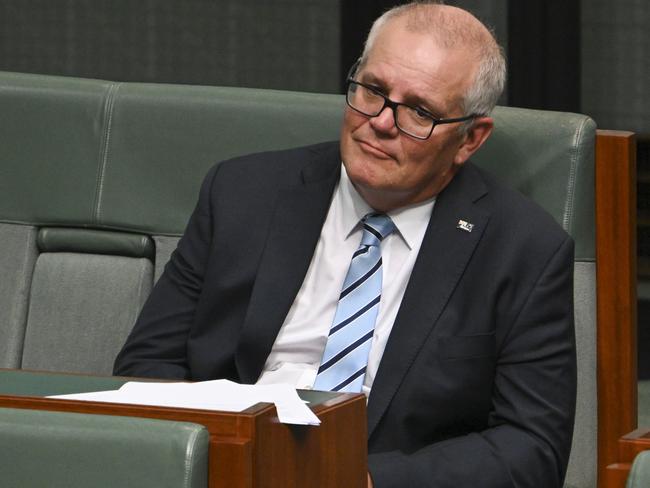
Apart from a memoir and participating in the ABC television documentary The Killing Season, Gillard largely has eschewed the temptation to engage in day-to-day political and policy debates, give public advice to her successors, lash former political opponents, tangle with commentators or push a legacy that seeks to diminish that of others.
It is more than just good works and retreating from the political battlefield. It is about conducting yourself with the dignity and grace that the office should deserve. Some former prime ministers have been consumed with seeking revenge for their downfall, attacking their former colleagues or entering the contemporary fray, unable to give up the spotlight. Their standing has only diminished out of politics whereas Gillard has risen in public esteem.
“I did think carefully in the period after I left office about what I wanted to do, how I wanted to still contribute on the issues that mattered to me,” Gillard told me in early 2020. “I did want to have my say on the times that had been, and I did that predominantly through my book, and having had that say I didn’t want to be involved in day-to-day political affairs. I have been very rigorous about that.”
This is the pathway Morrison has chosen. Time will tell if he sticks to it.
While he also participated in a documentary, the ABC’s Nemesis, about the Coalition’s time in office, and has a book on the way about his religious faith, he said this week that he departed the parliament without rancour or with scores still to settle.
“While I left nothing of my contributions on that field, I do believe that in that arena will always remain any bitterness, disappointments or offences that have occurred along the way,” Morrison told parliament. “I leave this place appreciative and thankful, unburdened by offences, and released from any bitterness that can so often haunt post-political lives.”
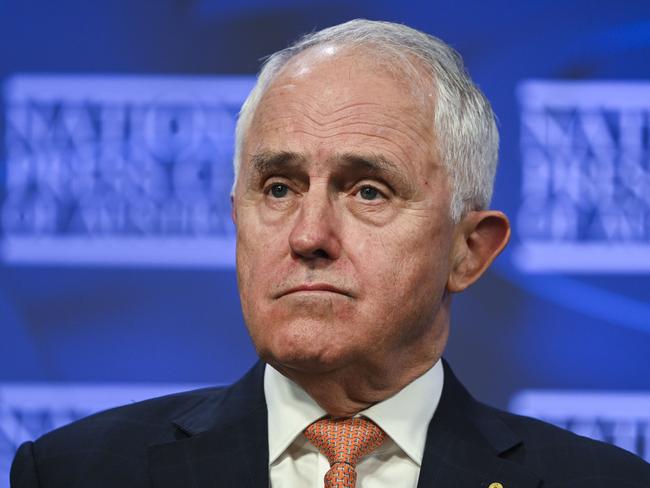
Gillard made another valid point. It is not conducive to leading a happy and fulfilling life if you are constantly revisiting the past or relentlessly attacking your party or former adversaries.
Departing office, almost always by election defeat or rejection by partyroom colleagues, is hard enough. This is not to say that prime ministers should not reflect on their legacies or defend them, or engage constructively in public debate. It is about how you do it and how often you do it.
“It has been good for my own sense of self and how I enjoy the world, not to be looking back and grinding my teeth or carrying on about something in the newspapers or something said in parliament,” Gillard said.
“It means I get more enjoyment out of my life. It gives me more space to do things that I care about. I think it’s just a healthier strategy all-round.”
The role of former prime minister comes with no job description. They are supported with an office, staff and travel. Most write books, with Bob Hawke’s and Malcolm Turnbull’s the most explosive. They are feted by their parties and corralled into campaigning and fundraising. There are no guarantees of a monumental library, unlike US presidents. It can be difficult to secure board appointments. And you go from being in demand to being yesterday’s man or woman.
The adjustment has not been easy for some. I remember Malcolm Fraser telling me that Australians offered little respect for former leaders, unlike in the US, Europe and Asia. He struggled to find a niche at first and later became president of CARE International. Billy McMahon stayed in parliament too long and never finished a much-promised memoir. John Gorton advertised whiskey; Gough Whitlam spruiked pasta sauce and fax machines. Hawke made millions as a lobbyist and deal-maker.
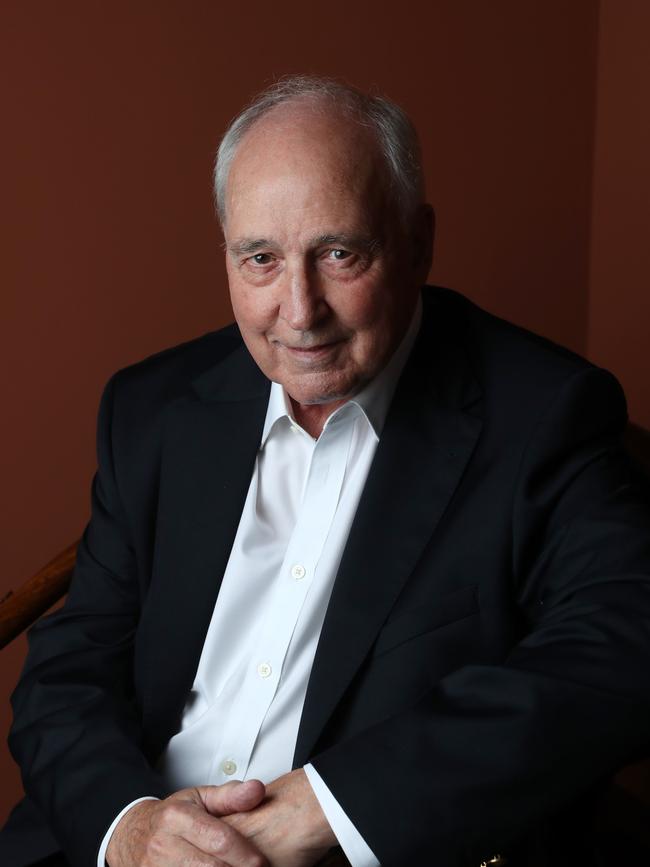
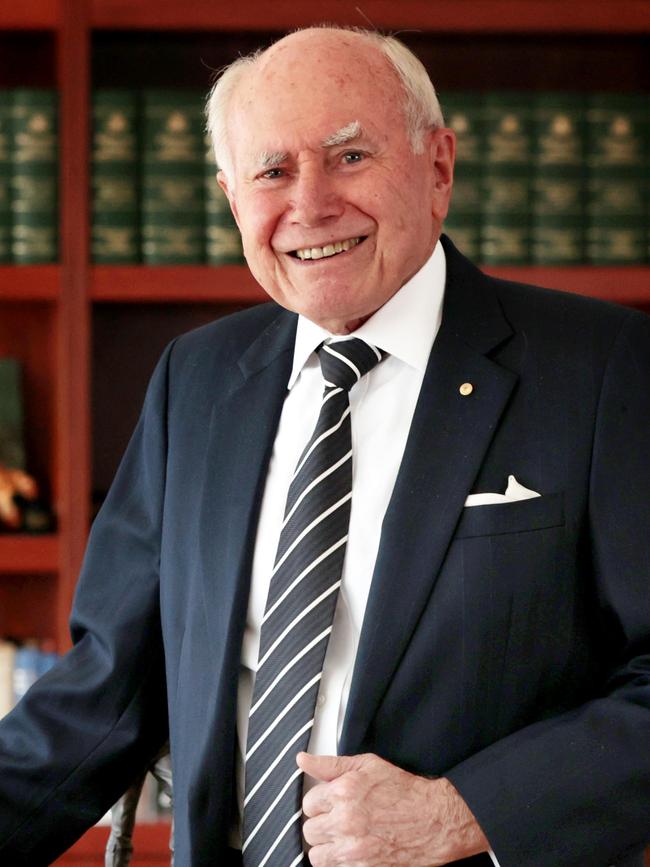
Whitlam also made a substantial contribution to public policy debates and engaged in the pursuit of ideas. So did Hawke, as does Paul Keating and Howard. Keating and Howard, who have also earned substantial income from consulting, choose their public comments carefully and are listened to when they have something to say.
Some, such as Kevin Rudd, seek diplomatic appointments. Stanley Bruce, Joseph Cook, Andrew Fisher and George Reid served as high commissioner to London. Edmund Barton served on the High Court. Whitlam went to UNESCO.
Many prime ministers have had a testy relationship with their party. Menzies, although appointed Lord Warden of the Cinque Ports, felt ignored and unloved. He voted for the Democratic Labor Party in 1972, and probably 1969 and 1974. Gorton and Fraser resigned from the Liberal Party; Gorton stood for the Senate as an independent candidate in 1975. Turnbull is a fierce critic of the Liberal Party and its members have tried to expel him numerous times.
Public perceptions of prime ministers are not fixed when they depart. Judgments of historians and biographers, the release of official records and the views of their colleagues contribute to their standing. It is also shaped by how they conduct themselves out of office. For Morrison, who departs with a mixed legacy, he still has an opportunity to shape his place in history.
Troy Bramston is the biographer of Robert Menzies, Bob Hawke and Paul Keating. He is writing a biography of Gough Whitlam, to be published by HarperCollins Australia next year.


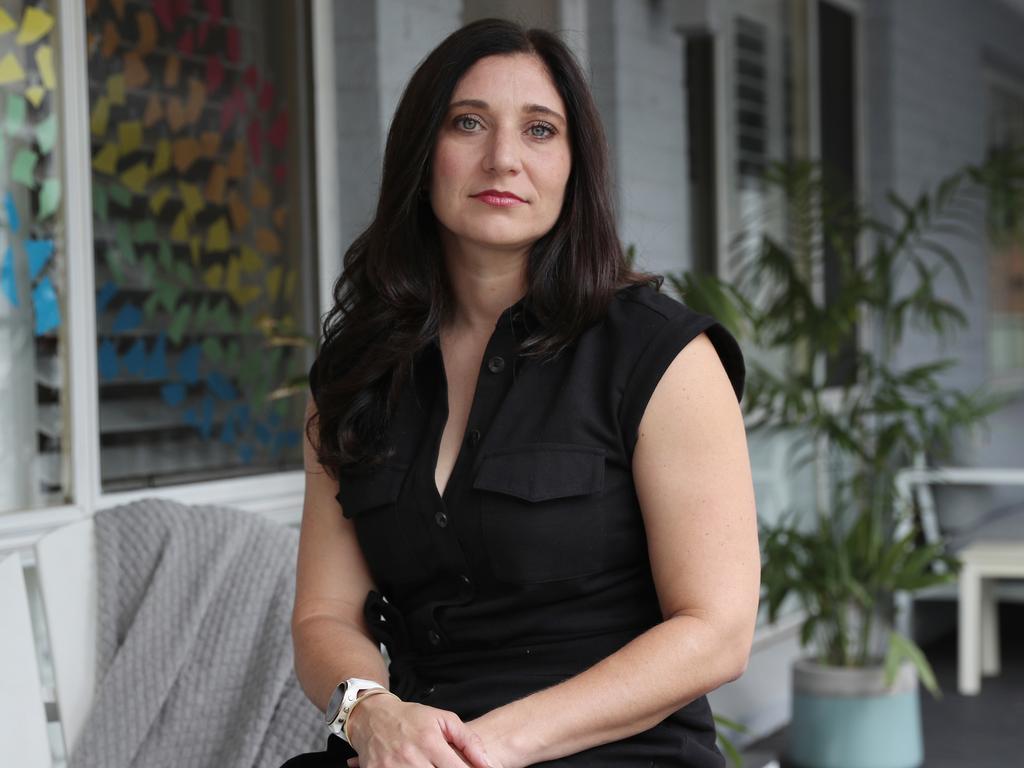




Scott Morrison has joined the exclusive ex-PMs club. There are six other living members, spanning 31 collective years in prime ministerial office, with plenty of role models to choose from.